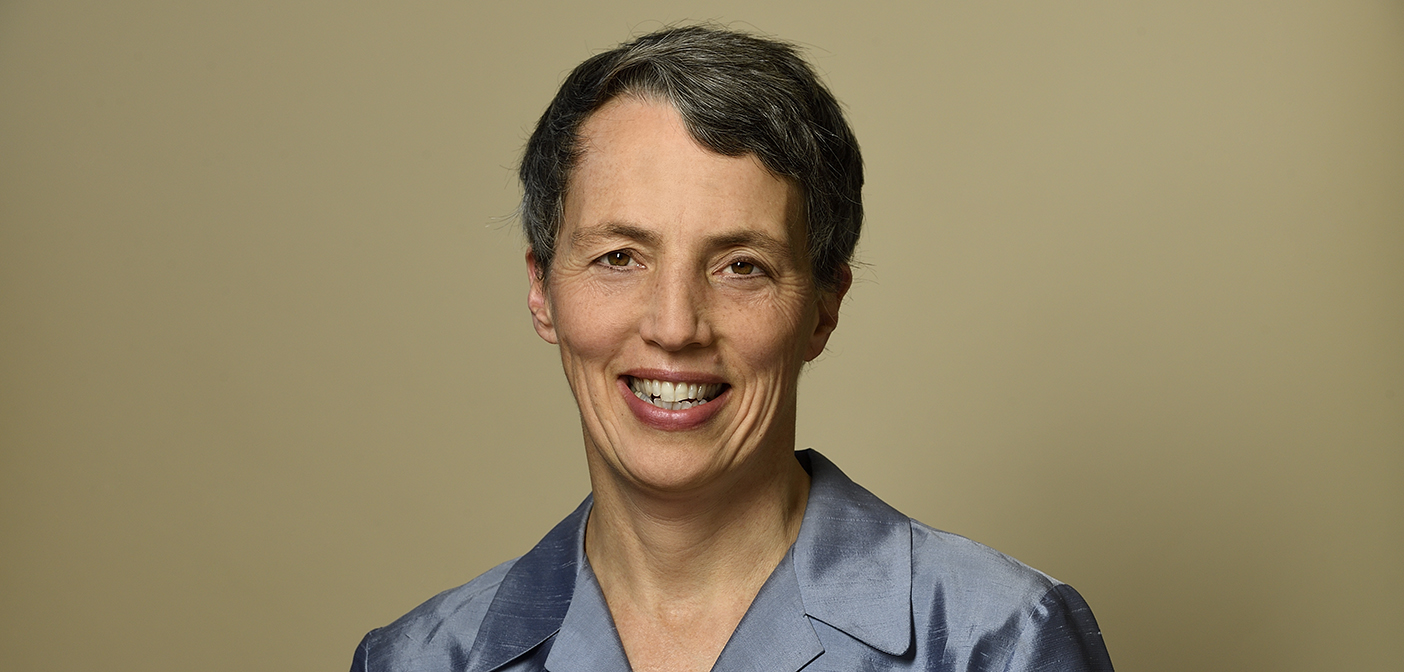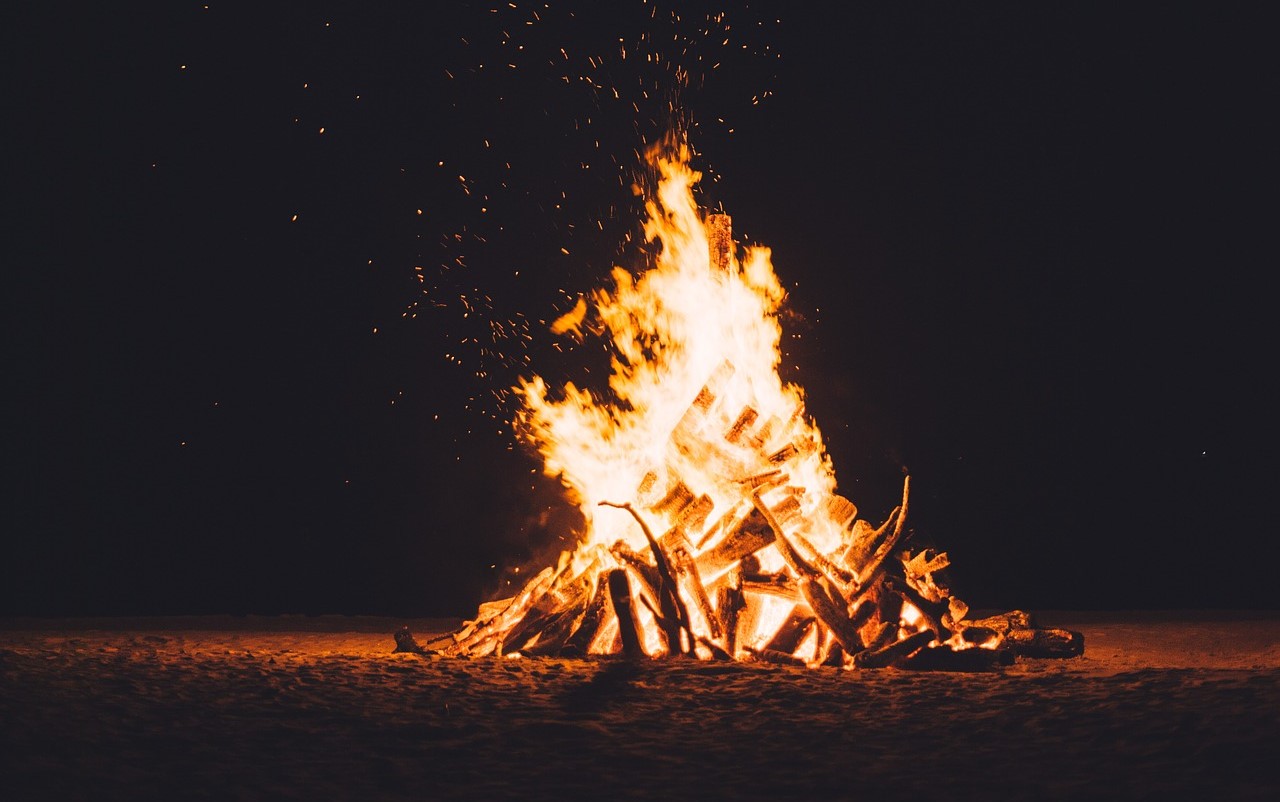I recently had the honor of being “installed” as the inaugural endowed chair for Health Equity and Social Justice at the Johns Hopkins School of Nursing. Donor Susan Epstein, Dean Patricia Davidson, the University, and I are building a shared vision for health equity and social justice.
Often when work is recognized, we paraphrase the saying about raising children and state that “it takes a village.” This is true. Nothing hard happens alone. We build on the work of others; those we realize we’ve built from and those we don’t. And good work always happens with a multi-talented team of colleagues.
But beyond that. In the Old Testament of the Bible (which is also the Torah) it says, “We drink from wells we did not dig; we are warmed by fires we did not build.” This is true in at least two ways for me. First, I’ve had the benefit of generations of privilege. Also of generations of social justice work.
My mother’s family has been Quaker since the 1600s; in the Quaker faith there is a long tradition of social justice work. As one example, my mother’s great-great-grandparents met and fell in love while teaching English to Native Americans—at the invitation of the Native Americans who knew that Quakers could be trusted. My father’s ancestors were Jewish. We know less about them because they immigrated to the US in the early 1900s. I imagine they have done their share of what is called “Tikkun Olam,” or repairing the world.
My mother helped establish year round Head Start programs after volunteering in a summer Head Start that was a precursor to the current program. She was stunned that children who were just as bright as her own had so many fewer words. She viscerally understood that early childhood development was central to equity and knew she needed to be part of that change. She went on to get a PhD and make important policy changes for young children. I used to fall asleep to the sound of her typing, working in a small room off of my bedroom.
A second way we are warmed by fires we did not build is that those of us who work with Johns Hopkins University are standing on the shoulders of social justice and health equity giants. The person Johns Hopkins was Quaker and grew up on a 500 acre tobacco plantation. His family owned slaves and freed them when he was 12. At that point, 60 years before the Civil War, Quakers decided it was immoral to own another human being. Of course, neither they nor anyone ever should have owned another person. But it was then, at age 12, when Johns Hopkins and his siblings stopped going to school so they could work the tobacco fields.
When he was 17, his mother supposedly said to him, “Thee has a head for business; thee must go where the money is.” So he was packed up and sent to Baltimore to live with his uncle who was a small merchant. In his will, Johns Hopkins described very specifically the University, the Medical school, the Nursing school, and the Hospital he wanted his resources to establish. He required that all people be allowed to come to the hospital even if they could not pay (which was revolutionary at the time) and that the group of non-payers should be at least 50% of the patients—perhaps laying the conceptual groundwork for the all-payer system in Maryland. He also required that the hospital remain in one of the lowest income sections of the city so that it was easy for all to reach. According to Johns Hopkins’ contemporaries, his lack of formal education, his understanding of rapid changes in fortune and his relationship with African-Americans led in some part to these deep convictions and his multimillion dollar bequest.
The converse of drinking from wells we did not dig and warming ourselves at fires we did not build is that we have a torn country built on land sized from Native Americans and labor stolen from enslaved Africans. This is a debt that we will never repay. In fact, it was common at the time, and up to 100 years later, to say that the white people who freed their slaves should have received compensation. This was stated without any sense of how laughably odd it was to avoid talking about compensation for the people who had been enslaved. Furthermore, slavery was only the beginning. There have been policies that advance discrimination ever since, such as restricted access to home mortgages that build intergenerational wealth.
However, the fires that have been built by our collective ancestors are inside each of us. You might even call them a divine spark. Together, we can use our knowledge, our skills, our teams, and our evidence to leverage policy change and address social determinants of health—to share the water from the wells and the warmth from the fires.
I am deeply grateful to Susan Epstein, our Dean, Trish Davidson, and the University to give me the ability and platform to do this work.
- Johns Hopkins School of Nursing Professor Named Inaugural Chair for Health Equity and Social Justice
- Photo gallery from Dr. Sarah Szanton’s installation as endowed chair
This blog is a part of the “Dialogues in Health Equity” series by the Health Equity Faculty Interest Group. They are committed to decreasing health disparities experienced by local and global communities by promoting social justice and health equity through nursing practice, research, education, and service.
ABOUT THE AUTHOR

Sarah Szanton, PhD, ANP, FAAN is the Endowed Professor for Health Equity and Social Justice, the director for the Center for Innovative Care in Aging, and a professor at the Johns Hopkins School of Nursing. Her areas of scholarly interest and expertise include gerontology, aging in place, and racial and socioeconomic health disparities.
